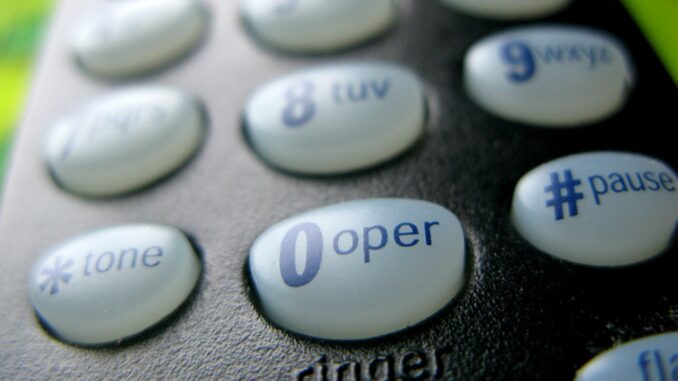
[ad_1]
The Social Security Administration (SSA) had good news for recipients this week. They will receive a cost of living adjustment of 8.7%. However, along with the increase was a series of warnings about fraud risks that face people who get Social Security payments.
Social Security fraud mirrors other types of financial fraud. The difference is the potential scope of the crimes because 70 million people receive payments. The most prominent worry is phone fraud, which the Social Security Administration addresses in its “What should I do if I get a call claiming there’s a problem with my Social Security number or account?” report.
The first information for recipients is that the SSA rarely calls people. Its primary means of communication is mail. “Generally, we will only contact you if you have requested a call or have ongoing business with us,” the SSA says. It reminds recipients of this because of a proliferation of robocalls and illegitimate live calls.
What do the calls tend to do to commit fraud? They offer higher Social Security payments. They suggest people’s online identities have been stolen. They may ask for wire transfers or payments in cash to resolve “problems.” The SSA reminds recipients they never do any of these things.
What are the methods these callers use? They may threaten people, say they will suspend Social Security numbers, ask for payment to cover SSA rules violations, ask people to make payments to resolve problems via prepaid debit cards, ask people for gift cards or ask for details about bank accounts as a means to put the cost of living adjustments into effect.
The SSA has an entire section about how to prevent scams. It also suggests that people report strange calls to the Office of the Inspector General.
Finally, there is a good reason for the warnings. Recently a group defrauded Social Security recipients of several hundred thousand dollars.

Leave a Reply